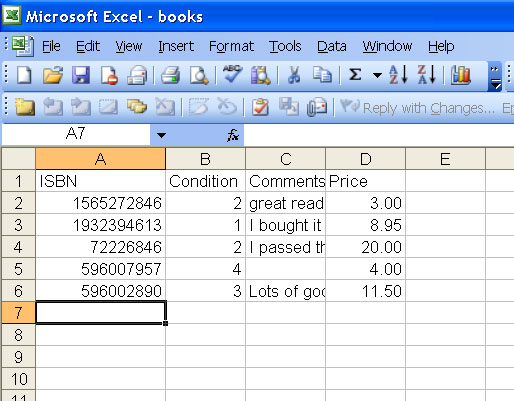Technology Costs Students, Then Saves Them
Technology has once again proven to be friend and foe. The advent of high-tech interactive learning materials has prompted its addition (along with a price increase) to college textbooks—without the consent of the average college student. On the other hand, new developments in technology are now allowing students to access e-books and other downloadable learning materials for only a fraction of the traditional textbook price, if not for free.
Critics of the textbook industry claim that the practice of bundling textbooks with special Web site access and interactive tools such as CDs and DVDs is just another excuse for raising textbook prices. The standardized bundles force students to buy bundled textbooks whether they want the interactive materials or not. Furthermore, when students go to sell the textbooks back at the end of the year, they are often either unable to do so, or have to settle for a lower buyback price because the interactive tools and Web site access can only be used once with the special code. Publishers argue that the textbook bundles are meant to enhance the learning experience by supplementing passive learning (reading) with active learning (interactive tools). Either way, bundled textbooks are here to stay and students have to pay for them.
For some college students anxious about paying skyrocketing prices for their textbooks, technology will also prove to be their saving grace. Ex-Microsoft executive Bruce Jacobsen has launched a new electronic textbook publishing house called Kinetic Books. An Introduction to Physics textbook for example, looks a lot like a regular textbook except that the chapters are enhanced with animation and videos that can demonstrate physics concepts like velocity and acceleration.
Teachers are also using technology to create a more interactive learning environment.
“Biology changes so rapidly that most of the readings in my class are not much older than 2004,” said Ebert-May. She does, however, keep some publishers’ complimentary copies of textbooks on hand in the classroom as reference materials.
CampusBooks.com is a leading supporter of technology that helps students save money on textbooks. We are proud to include e-book retailers in our list of bookstore partners that are displayed on price comparison pages. That way, when students are searching for and comparing prices on textbooks on our site, they will indeed get the lowest price possible—e-books included.
————————————-
Source:
Kingsbury, Alex. “Textbooks Enter the Digital Era.” U.S. News and World Report 08 OCT 2006 http://www.usnews.com/usnews/edu/articles/061008/16books.htm


